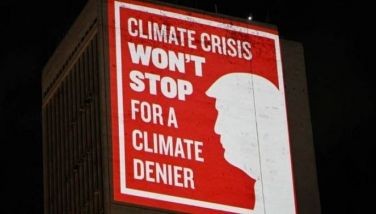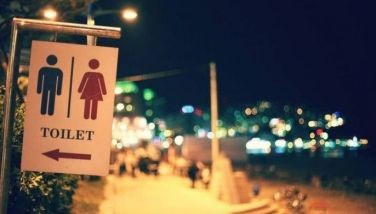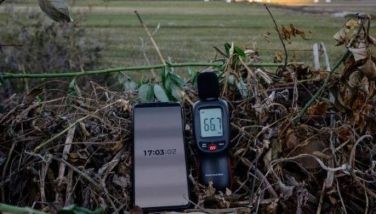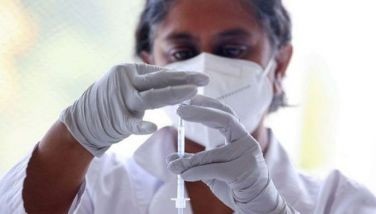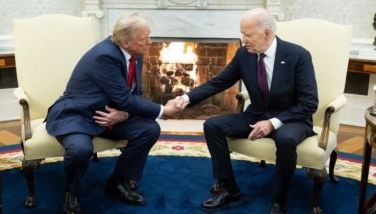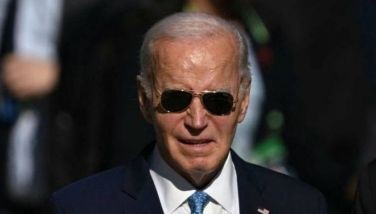India infections top 20 million but numbers offer slight hope
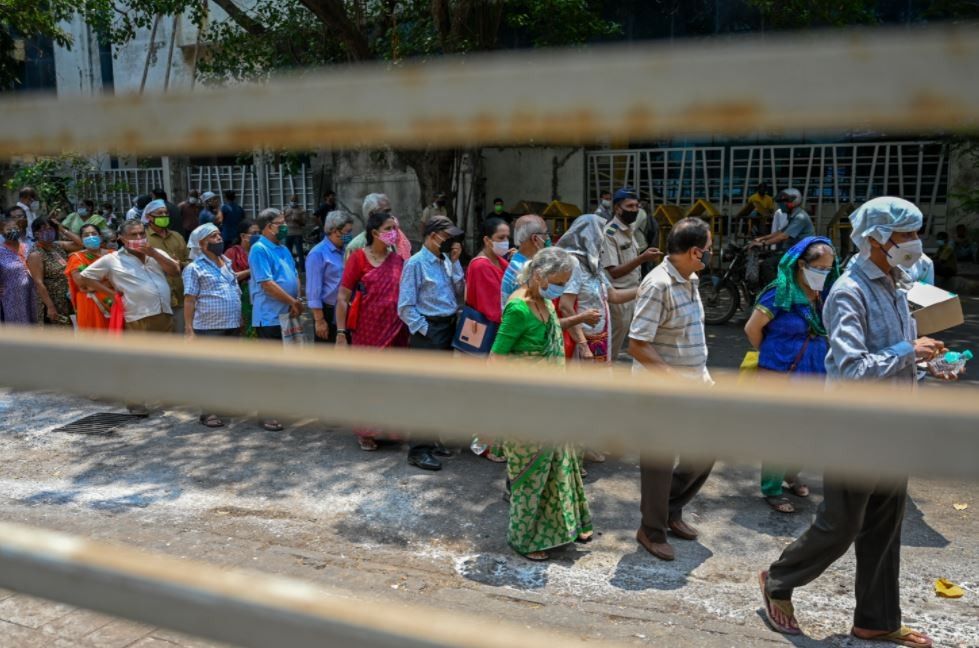
NEW DELHI, India — India's coronavirus caseload topped 20 million on Tuesday but a drop in the daily infection count offered a slight hope that one of the world's worst surges may be easing.
The South Asian nation's plight is in stark contrast to Europe and the United States, where mass vaccinations have allowed the easing of many coronavirus restrictions.
More than 350,000 new cases were reported in India Tuesday, a drop from the peak of 402,000 last week, giving some cause for optimism that the worst of the devastating wave may have passed.
"If daily cases and deaths are analysed, there is a very early signal of movement in the positive direction," senior health ministry official Lav Aggarwal told reporters.
"But these are very early signals. There is a need to further analyse it."
India's healthcare infrastructure has struggled to cope with the huge number of cases, with deep shortages of medicines, hospital beds and medical oxygen.
Rickshaw driver Mohammad Javed Khan in the central Indian city of Bhopal turned his vehicle into a makeshift ambulance after he saw people carrying patients to hospitals on their backs as they were too poor to afford one.
"Even when (people) call ambulances, the ambulances are charging 5,000-10,000 rupees ($70-140)," said Khan, who sold his wife's jewellery to equip the rickshaw with medical equipment.
"How will a poor person be able to afford it? Especially during this pandemic when most people don't have an income?"
Bihar, a state of around 120 million people, on Tuesday became the latest Indian region to impose a lockdown.
The wave in the South Asian nation — spurred by huge gatherings including the Hindu festival Kumbh Mela — has highlighted the danger of COVID-19, which has already claimed more than 3.2 million lives worldwide.
Religious events are a threat in neighbouring Pakistan too, where authorities are battling a third wave of infections and urging Muslims to observe precautions during the Islamic month of Ramadan.
Despite the warnings, thousands of Shia Muslims — many not wearing masks — gathered in the eastern city of Lahore on Tuesday for an annual religious procession.
Pakistani authorities have largely avoided clamping down on such religious activities in recent months even as markets and schools have been closed.
EU eyes travel resumption
Leaders in Europe, meanwhile, were looking to take further steps towards recovery with a proposal to revive international travel and tourism as early as next month.
The European Commission proposed Monday that travellers who are fully vaccinated with EU-approved shots or those coming from countries where COVID-19 is under control should be allowed to enter the bloc.
The EU has so far approved the Pfizer/BioNTech, Moderna, Johnson & Johnson and AstraZeneca vaccines.
But in a sign that the pandemic is not yet over in Europe, Germany cancelled its world-famous Oktoberfest beer festival for a second year running.
Americans are among those eyeing possible European vacations this summer, with more than 100 million people in the United States now fully vaccinated.
US media reported Monday that authorities were expected to authorise the Pfizer shot for children aged 12 and up.
The successful drive has allowed authorities in many parts of the world's biggest economy to start relaxing curbs, including New York and Florida.
And in China, where the virus first emerged in 2019, millions of tourists have flocked to domestic tourist attractions with the country's outbreak largely under control.
Beijing's historic alleyways were packed with camera-wielding visitors Tuesday, after out-of-towners also mobbed popular sites in Shanghai over the weekend.
WHO plea to G7
But in hard-hit Brazil, vaccine shortages have forced several large cities to suspend administering second doses of the Chinese-developed CoronaVac shot.
COVID-19 has claimed more than 400,000 lives in Brazil — second only to the United States.
Warning about the global inequality in access to COVID-19 supplies, the WHO said Monday that rich countries must step up their funding for vaccines, tests and treatments in poorer nations if the pandemic is to be brought to an end.
"We will only solve the vaccine crisis with the leadership of these countries," WHO chief Tedros Adhanom Ghebreyesus said, urging decisive action at the G7 summit in June. — with AFP Bureaus
- Latest
- Trending















